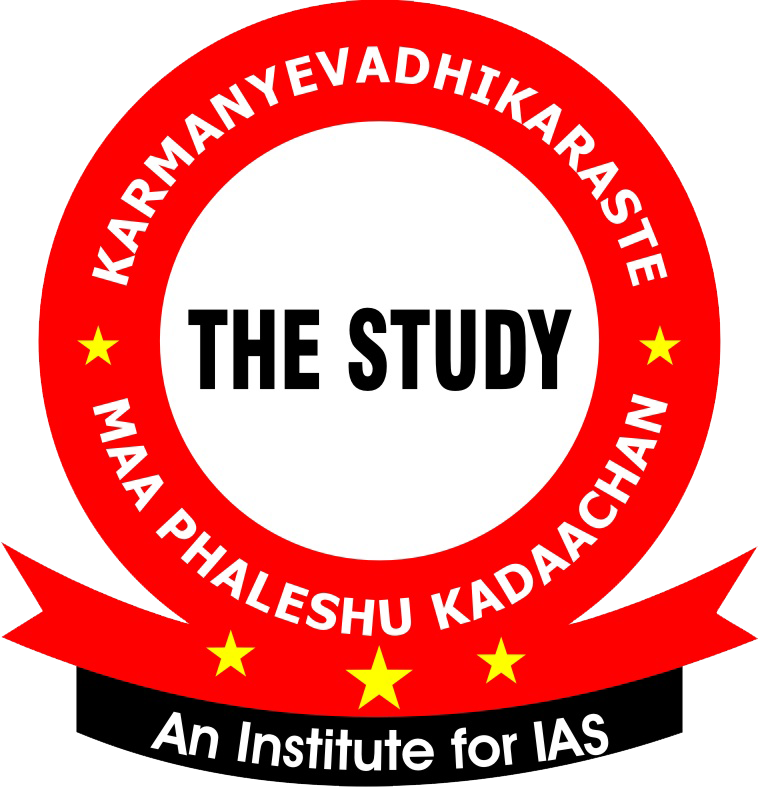Role of Judiciary in Election Commission
Why in discussion?
- Recently, a 5-judge Constitution Bench of the Supreme Court proposed the idea for inclusion of Chief Justice of India (CJI) in the appointment committee of the Chief Election Commissioner (CEC). With this, issue of Election reforms, impartiality and autonomy of ECI came in discussion again. Recent appointment of retired civil servant Arun Goel as Election Commissioner created controversy.
Background
- Originally, ECI was only one person body, but after adoption of the Election Commissioner Amendment Act, 1989, it became a multi-member body. However, the President can appoint more commissioners on the recommendation of Council of Ministers.
- Election Commissioners can be removed on the recommendation of the Chief Election Commissioner.
- Determination of time schedule for the elections, identify the real representatives of a party, issue of imparting election symbols, process of selection or rejection to be member of ECI etc. are the matters of debate regarding impartiality and autonomy of ECI.
- In 2015, a PIL was filed in the apex court to stop appointments of executive officials in the ECI as it erodes its independence. Through PIL, the Court was requested to issue directions to set up an independent and collegium-like system for ECI appointments.
In Favour
- Inclusion of CJI can be ensured merit of appointment more properly. It will make ECI more reliable and independent.
- Appointment of civil servant creates conflict of interest as how a civil servant can function freely who has remained under the influence of executive.
- ECI will earn public confidence due to its independence and neutrality.
- Merit based appointment makes ECI more powerful. We can get election commissioner like TN Sesan. Evils prevalent in political spheres can be cleaned.
- Reforms initiatives can be implemented with real zeal.
Against the motion
- Since ECI is an executive body, so constitutionally its appointment lies in executive itself.
- It is the violation of principle of ‘Separation of Power’ which is the part of basic structure while judiciary itself nullified National Judicial Appointment Commission on the basis of violation of principle of ‘Separation of Power’. It is like dubious behavior of judiciary.
- The executive was given the power over ECI under the Election Commission (Conditions of Service of Election Commissioners and Transaction of Business) Act, 1991 by the Parliament.
- The apex has power of inquiry or review over ECI decisions and removal of Chief Election Commissioner.
- Competing with a democratic head i.e. inclusion of CJI creates political tussle between the judiciary and the executive.
The appointment process must be transparent and merit based. Non-executive members like prominent academicians, scholars can be added in the appointment committee. Important thing is to ensure autonomy and neutrality of ECI because it is the basic pillar of democracy.
Other important facts
- Article-324: Superintendence, direction and control of elections to be vested in the Election Commission.
- Article 325: No person shall be disqualified for claiming inclusion in any particular electoral roll on grounds of religion, caste or sex.
- Article 326: Elections to the Lok Sabha and the Legislative Assemblies of the States shall be based on adult suffrage.
- Article 327: Power of Parliament to make provisions with respect to elections to the Legislative Assemblies.
- Article 328: Power of the Legislature of a State to make provisions with respect to elections to such Legislature.
- Article 329: Prohibition on interference of courts in electoral matters.
- The Election Commission is a permanent, constitutional body of India. It was established in accordance with the constitution on January 25, 1950.
- It exercises superintendence, direction and control of the entire process for the conduct elections of President, Vice-President, Lok Sabha, State Legislative Assembly.
- It has three types functions and powers
1. Administrative
2. Advisory
3. Quasi-judicial
- Tenure is for 6 years or till the age of 65 years, whichever is earlier.
Limitations:
- The qualification (legal, educational, administrative or judicial) of the members of the Election Commission has not been prescribed in the constitution.
- The constitution has not specified the term of office of the members of the Election Commission.
- The Constitution has not debarred the retiring Election Commissioners from any further appointment by the Government.
Possible question
Question- Consider the following statements-
1. Constitution defines the strength of Election Commission.
2. The Election Commission cannot transfer or suspend officials during elections.
Which of the statements given above is/are correct?
a) 1 only b) 2 only
c) Both 1 and 2 d) Neither 1 nor 2
Main Exam Questions
Question- Discuss the powers and limitations of the Election Commission of India in conducting free and fair elections. (250 words)
Can inclusion of CJI in appointment committee for the Election Commission ensured autonomy and impartiality of ECI? What are the major issue regarding this matter?
Source- The Hindu, Indian Express, Times of India

